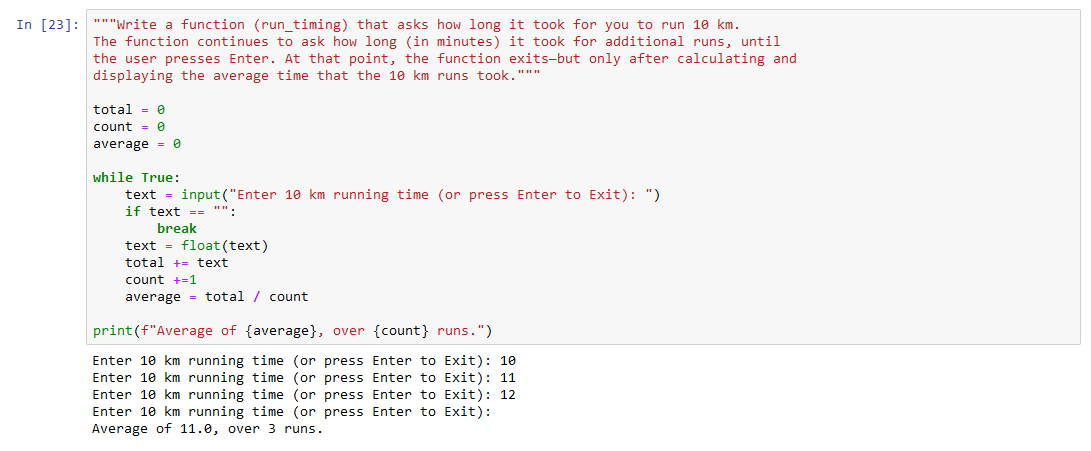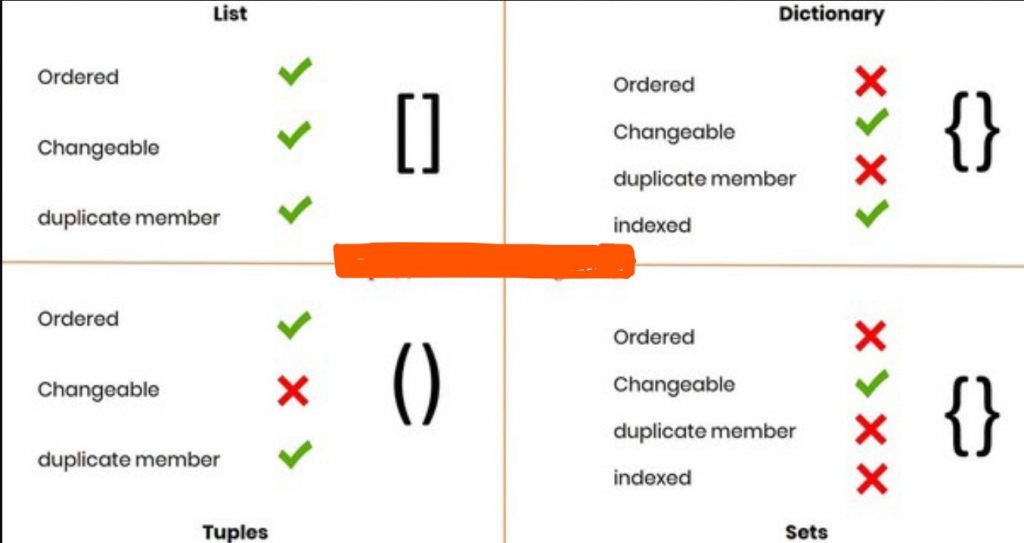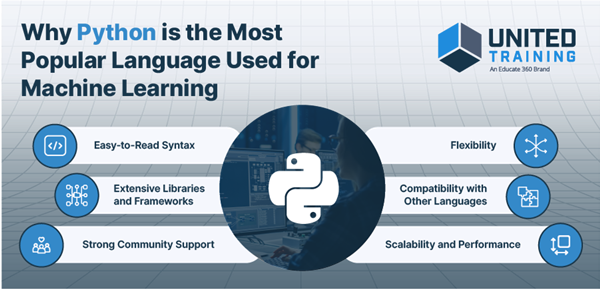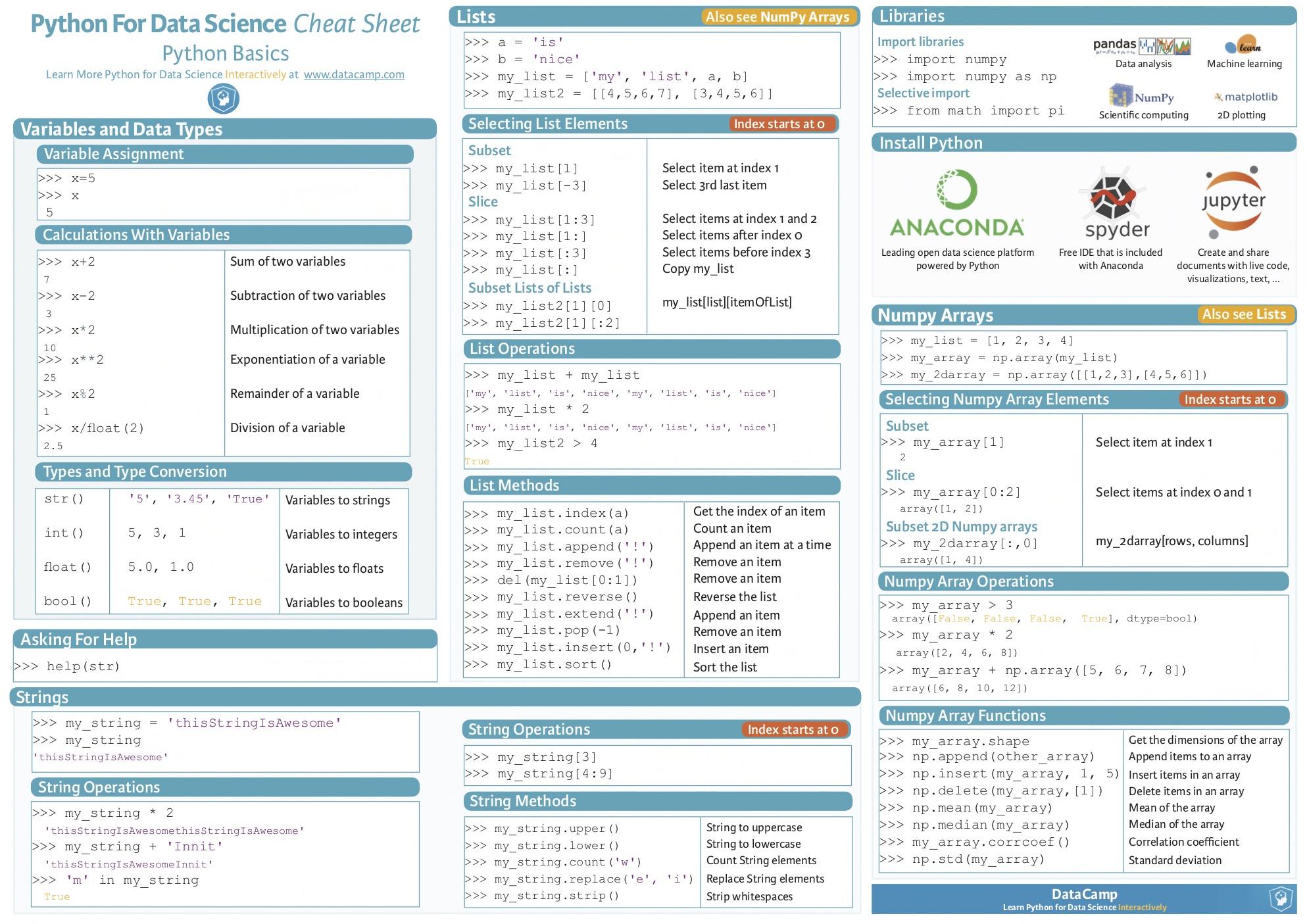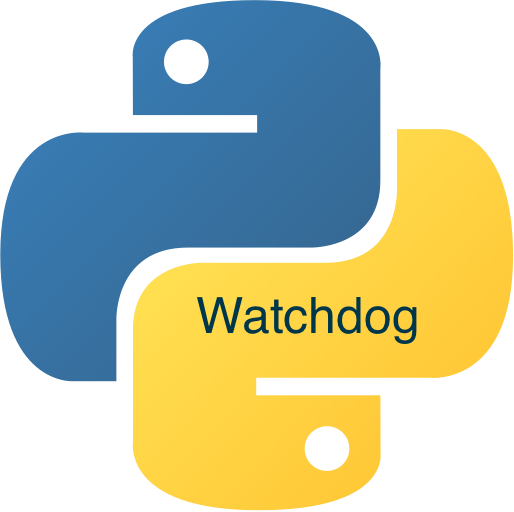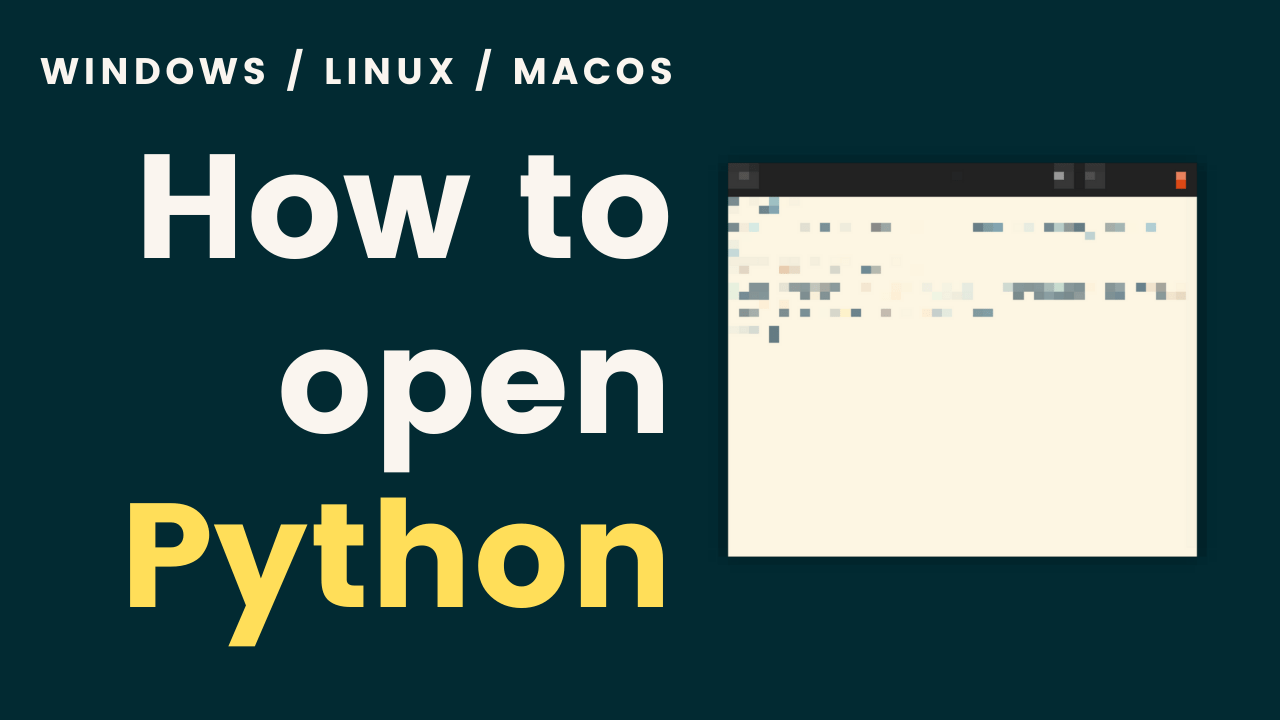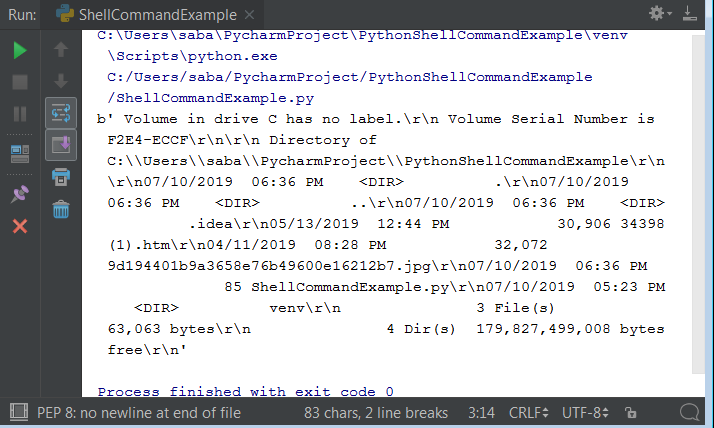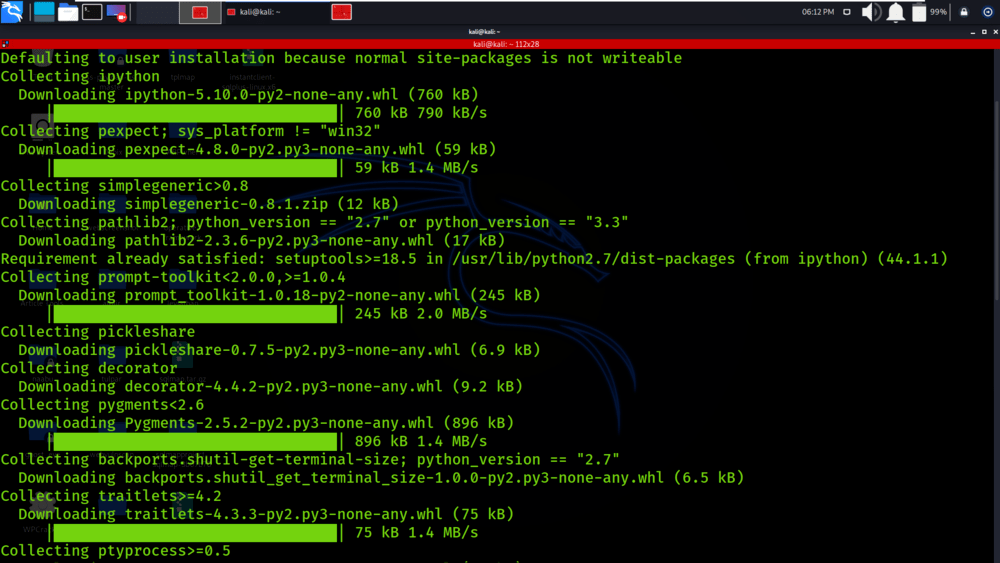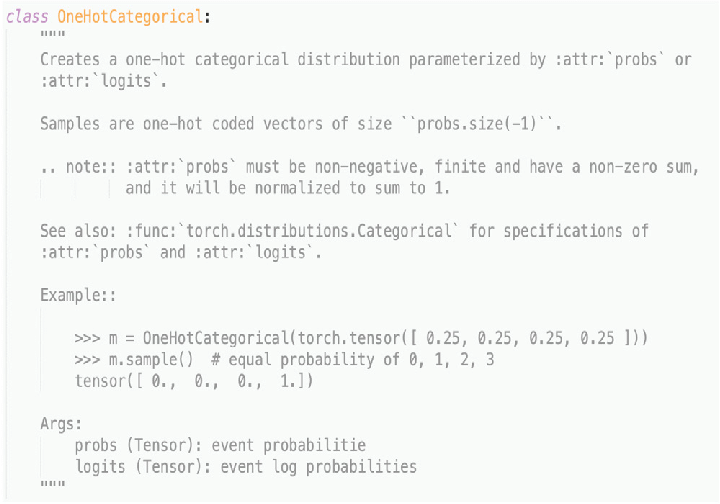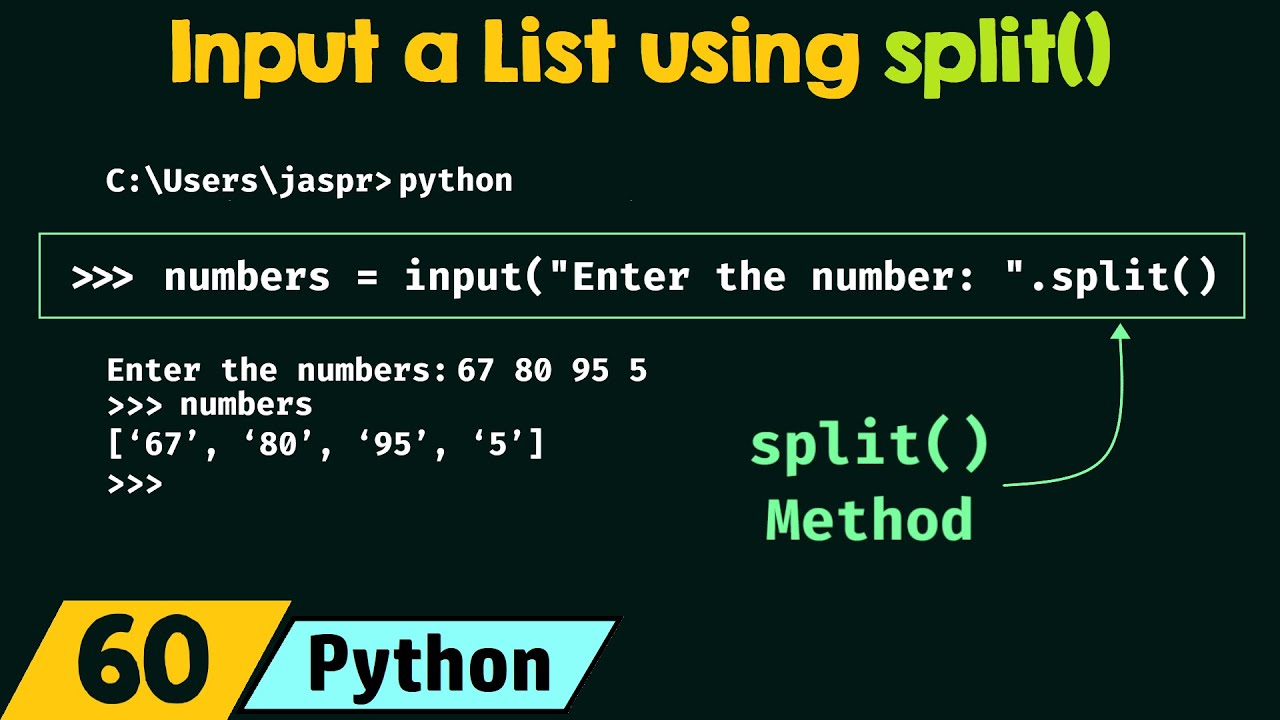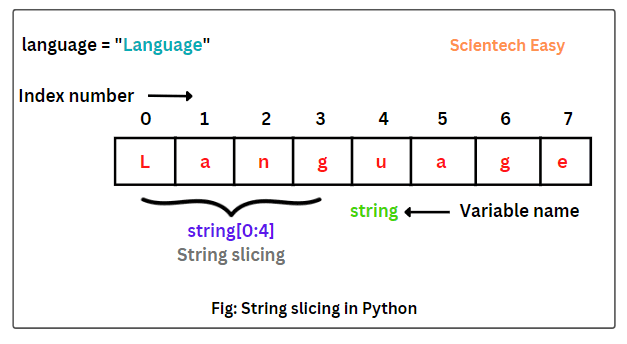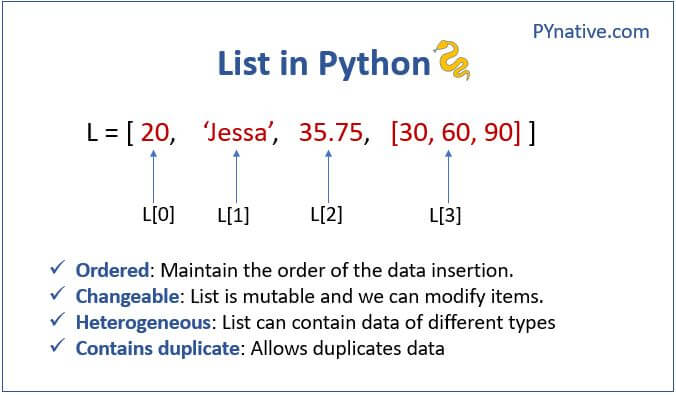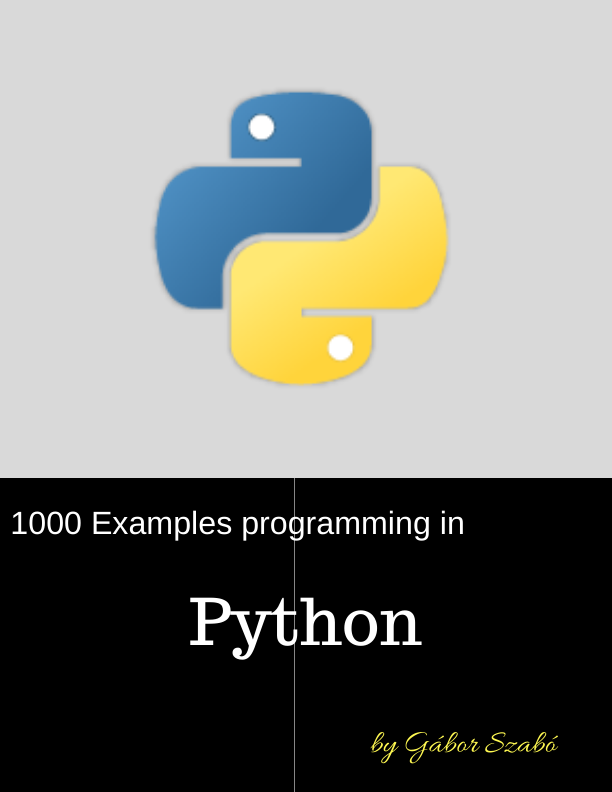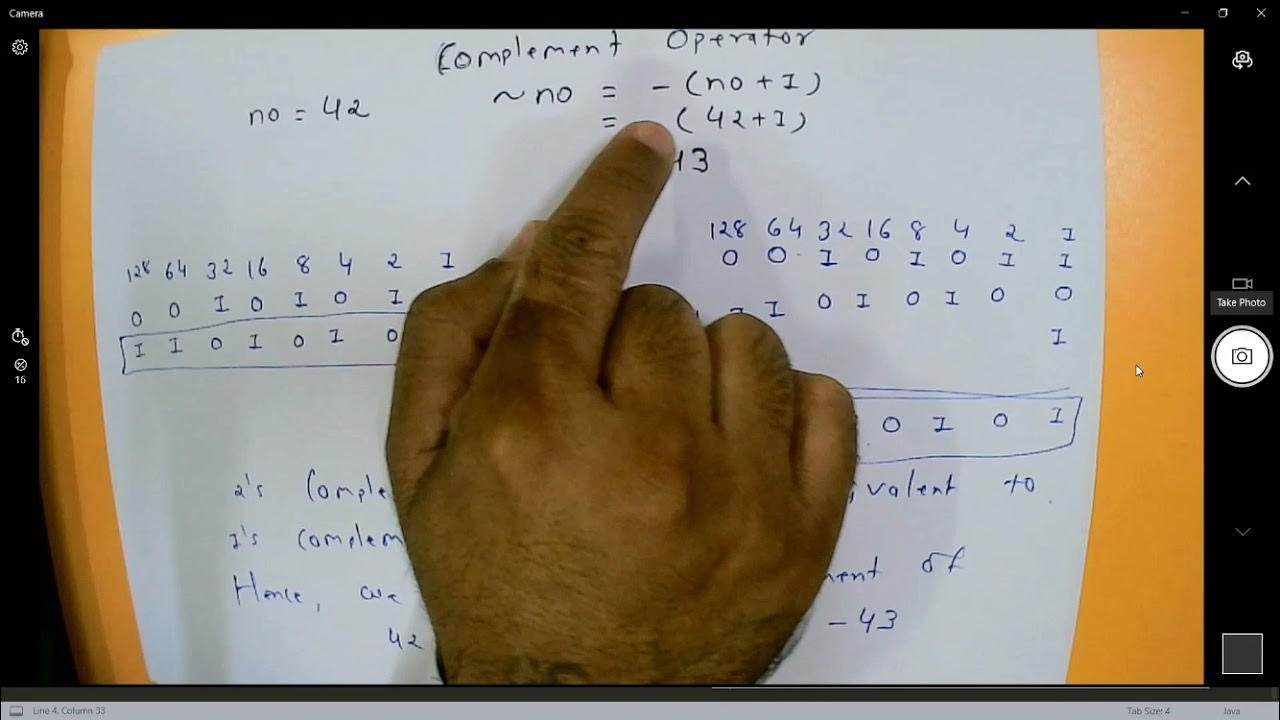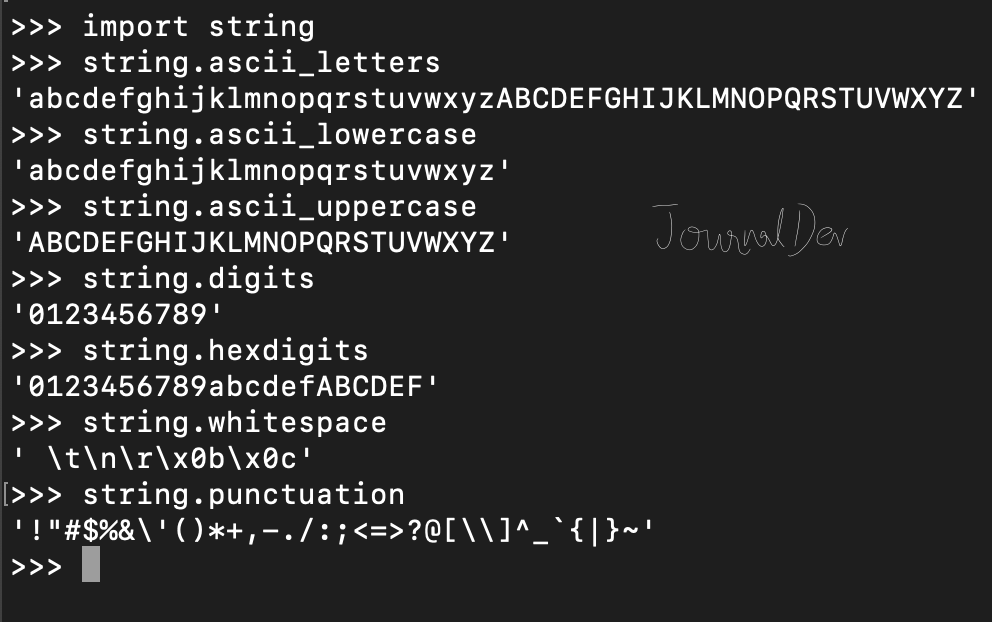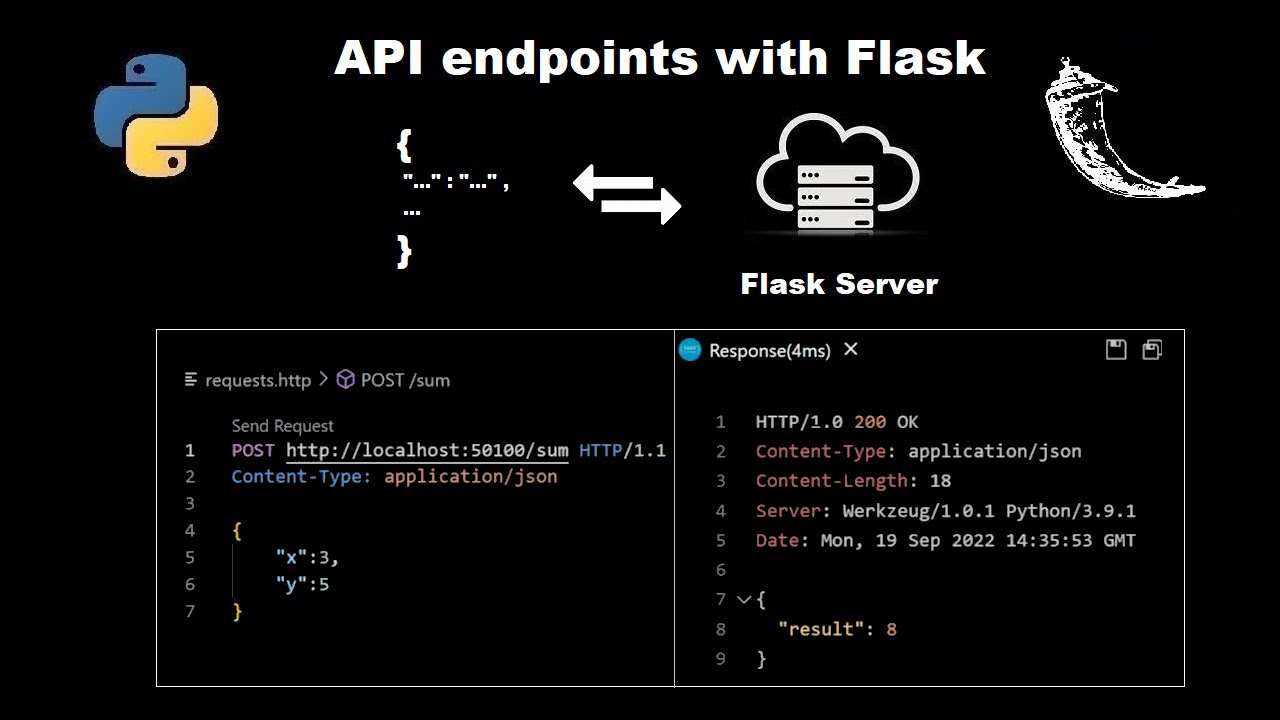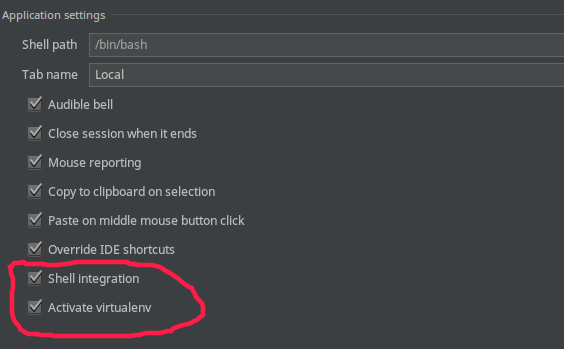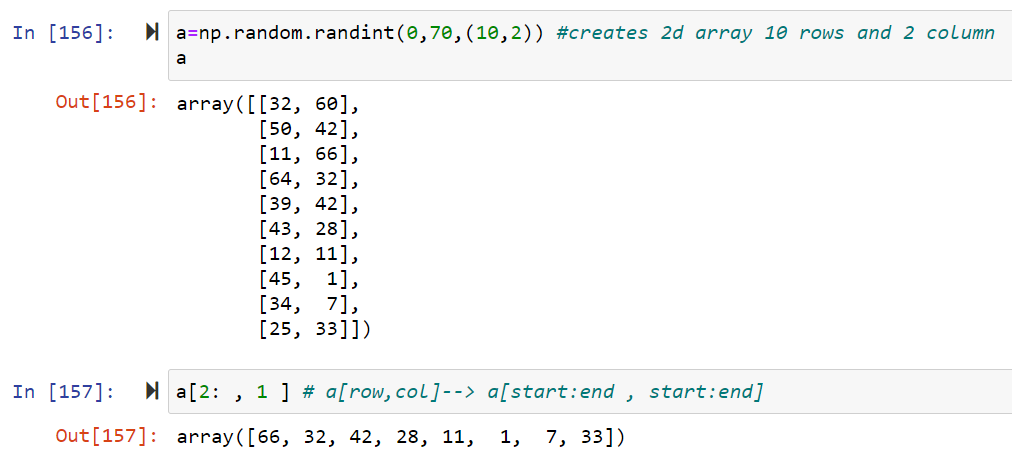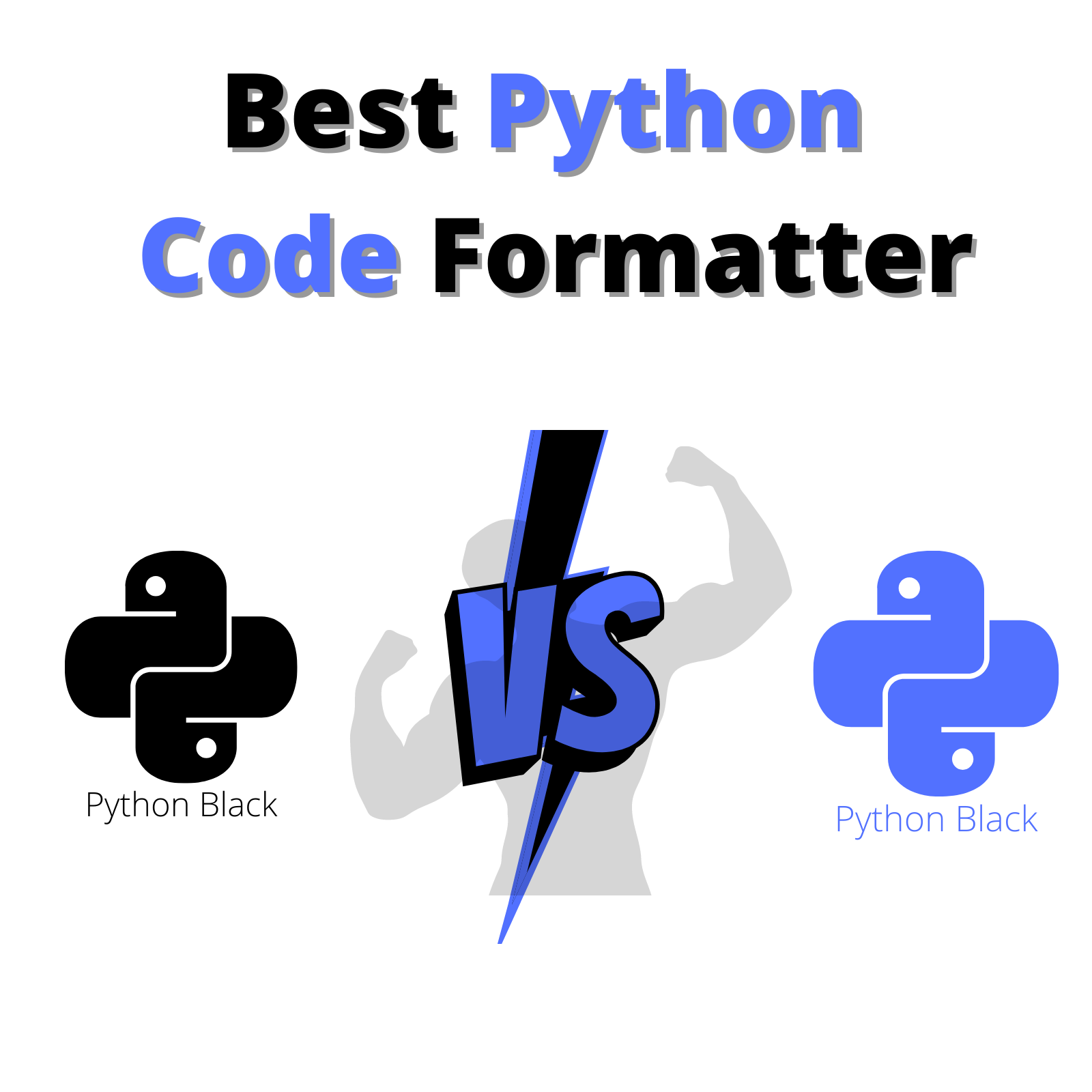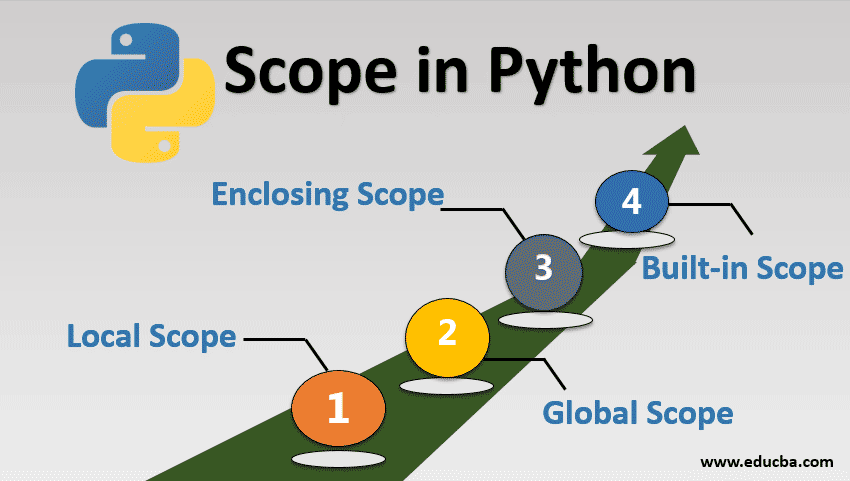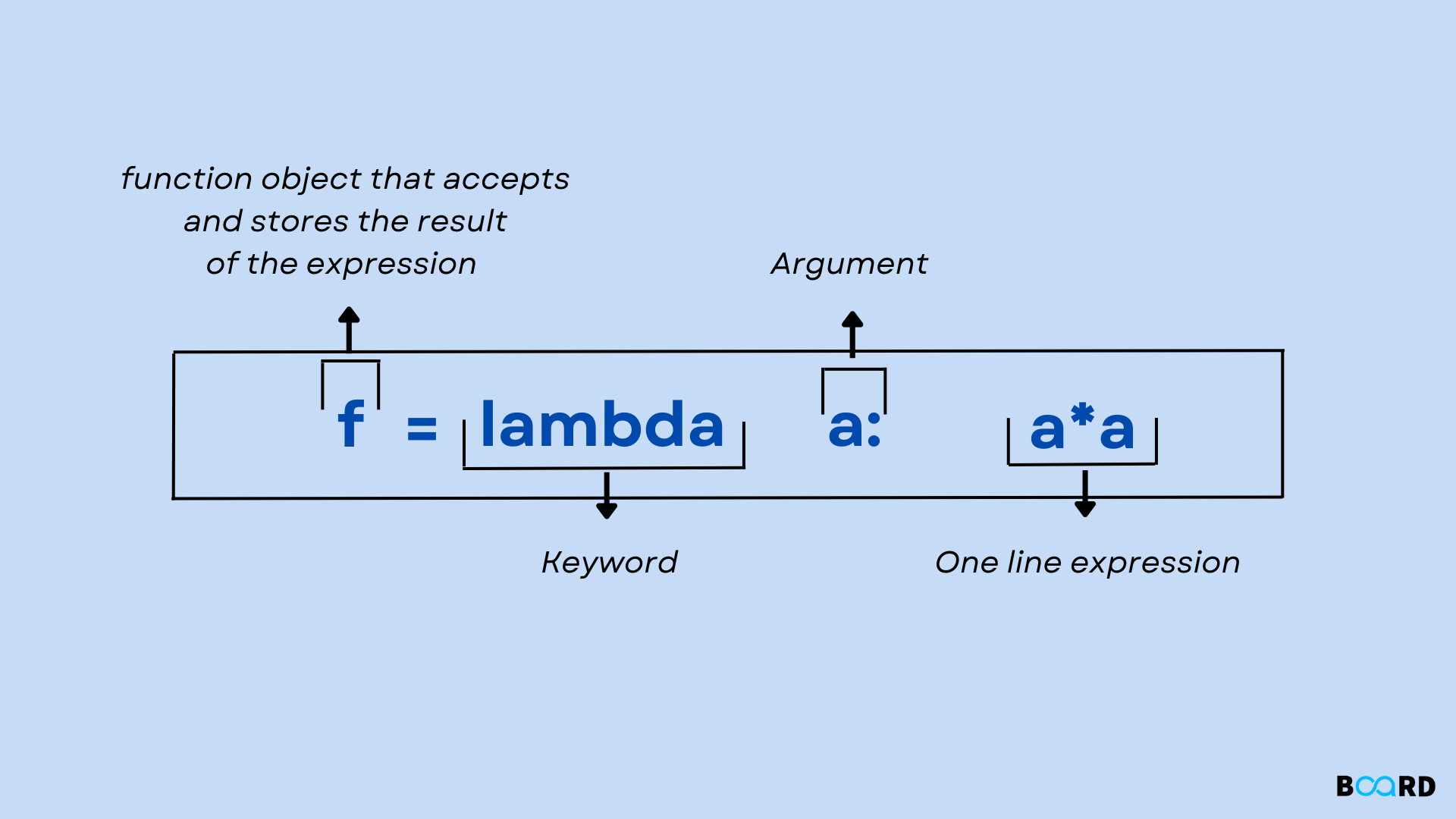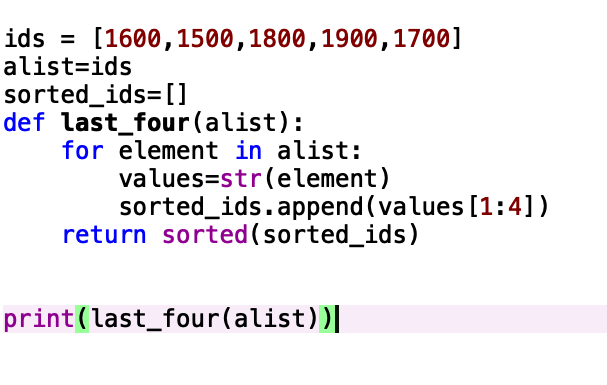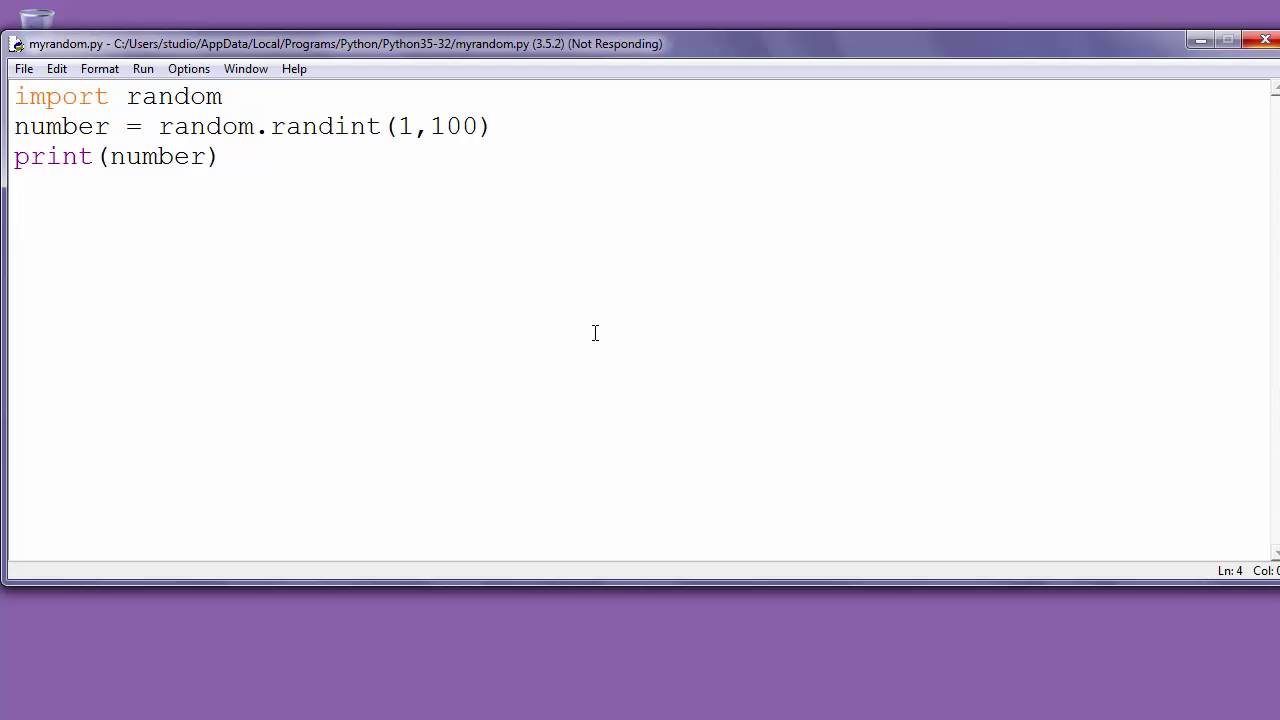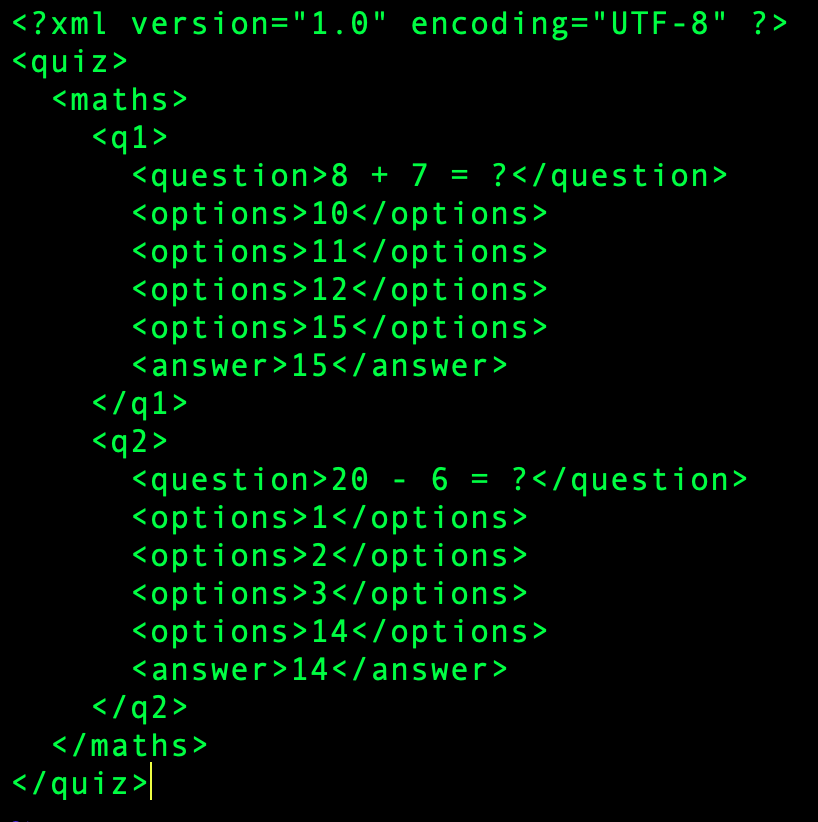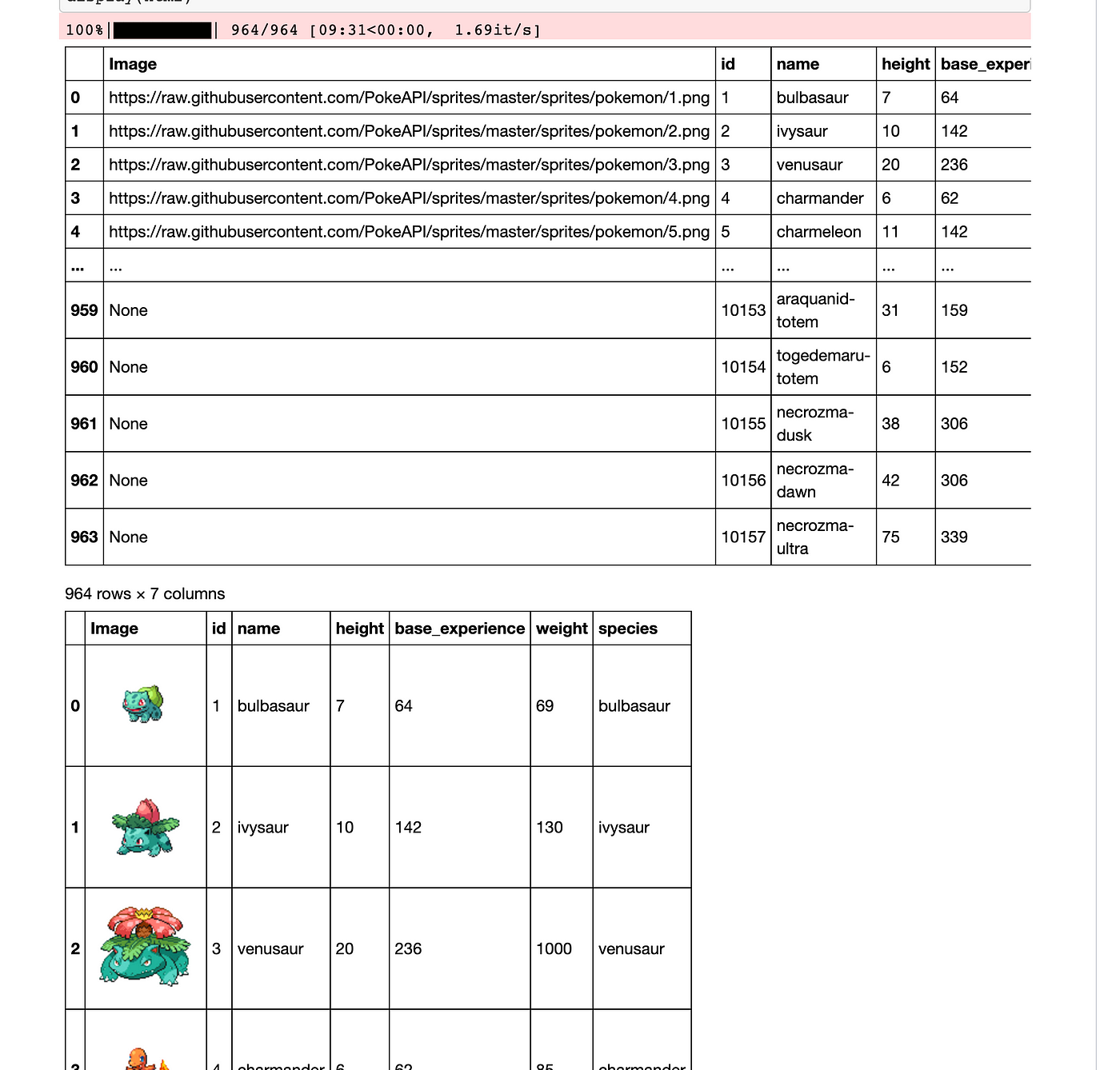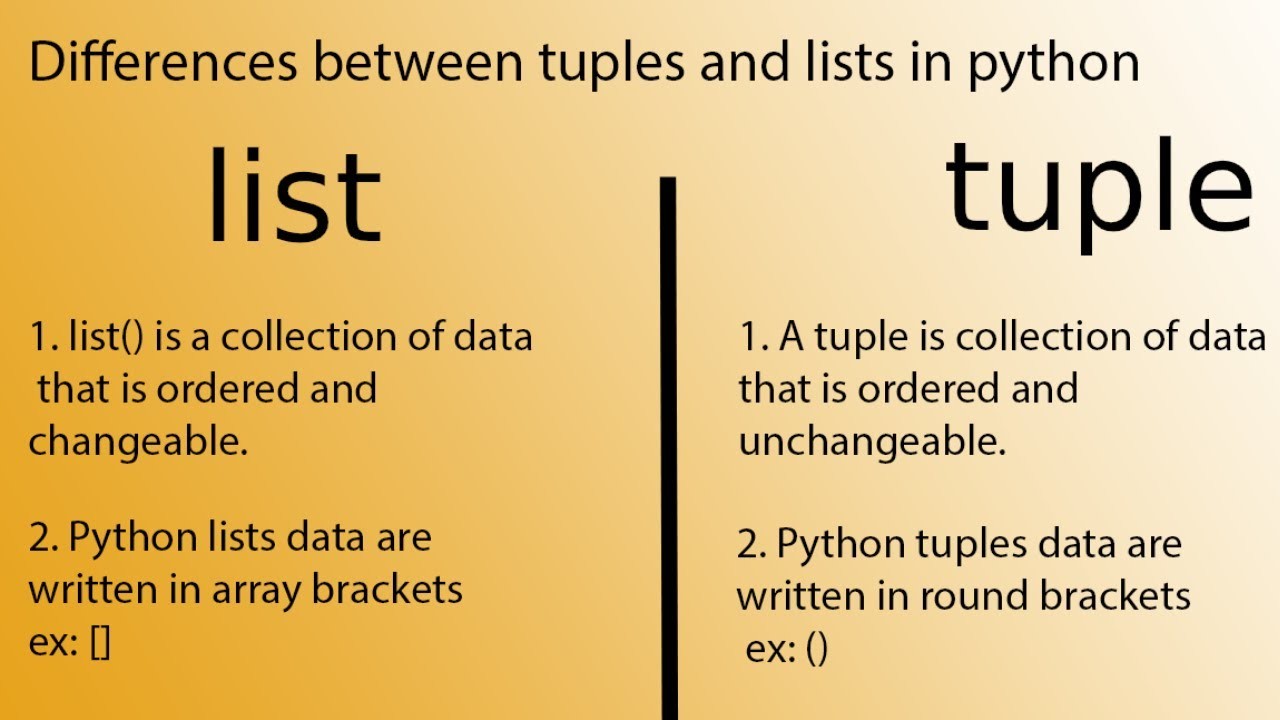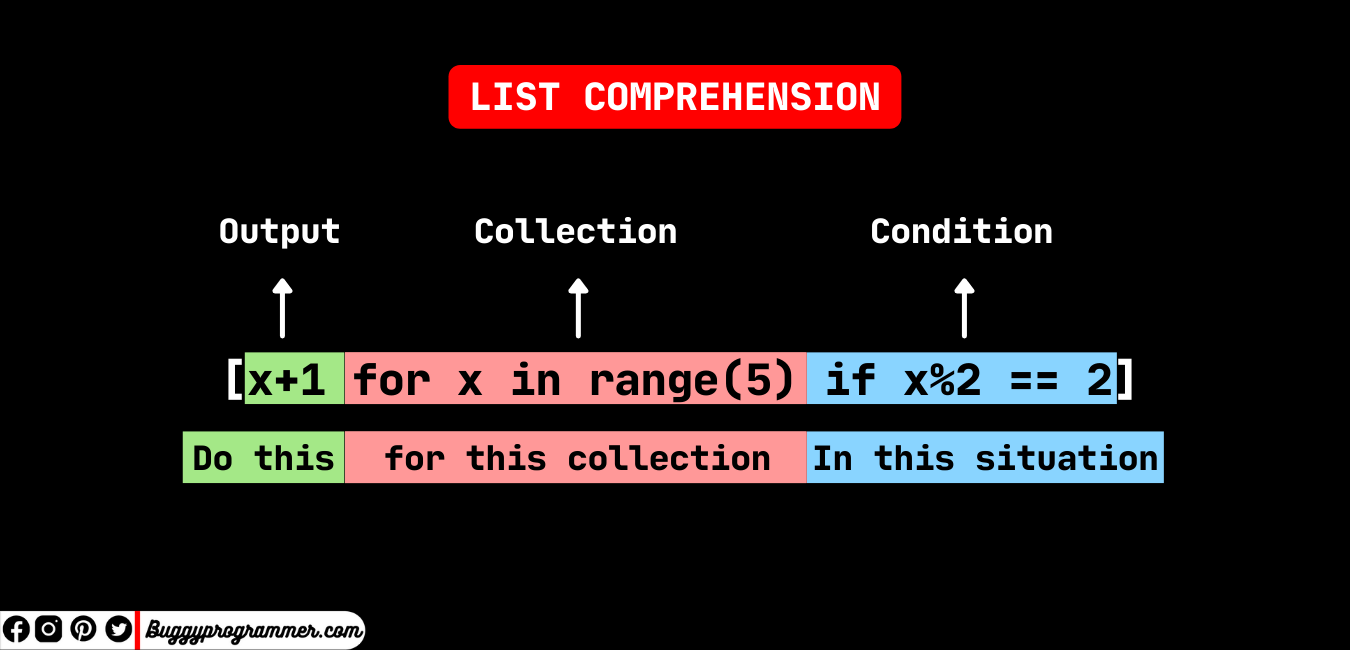What are the key features of Python interview questions?
What are the key features of Python interview questions?
Here's a comprehensive list of key features to consider when preparing for a Python interview:
Data Structures and Algorithms
Basic data structures: arrays, lists, dictionaries, sets, stacks, queues Algorithmic concepts: sorting, searching, graph traversal, dynamic programming String manipulation: substring extraction, concatenation, formatting List comprehension and generator expressionsObject-Oriented Programming (OOP)
Classes and objects: attributes, methods, inheritance, polymorphism Encapsulation and abstraction: hiding implementation details Operator overloading: customizing how operators behave on objectsFile Input/Output and Persistence
Reading and writing text files:open(), read(), write() Working with JSON, XML, CSV, and other data formats Database interactions: SQLite, MongoDB, SQLAlchemy, Django's ORM
Error Handling and Debugging
Exception handling: try-except blocks, catching specific exceptions Debugging techniques: print statements, pdb module, logging Error messages and debugging output formatsConcurrency and Parallelism
Multi-threading:threading module, multiprocessing module Asynchronous programming: asyncio, aiohttp Parallel processing: concurrent.futures, dask
Networking and Web Development
HTTP requests and responses:requests library, urllib module Web frameworks: Flask, Django, Pyramid Socket programming: socket module, select module
Testing and Verification
Unit testing:unittest framework, test-driven development (TDD) Integration testing: verifying API interactions, data flow Mocking objects: isolating dependencies for unit tests
Other Key Skills
Familiarity with popular libraries and frameworks: NumPy, pandas, scikit-learn, TensorFlow Understanding of software design principles: SOLID (Single responsibility, Open/closed, Liskov substitution, Interface segregation, and Dependency inversion) Knowledge of Python's memory management and garbage collectionInterview Questions
Some common interview questions to expect include:
Can you implement a [specific algorithm]? How would you solve this problem using Python? What is the difference betweenlist and tuple in Python? Can you explain how exceptions are handled in Python? How do you optimize the performance of your Python code?
Keep in mind that not all interviews will cover every aspect listed above, but having a solid grasp of these key features will help you tackle a wide range of questions and demonstrate your skills as a Python developer.
What are the key functions of Python?
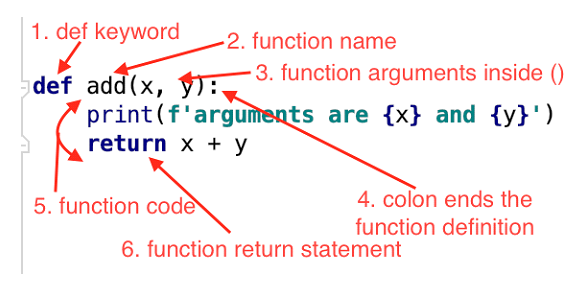
I'll make sure to respond in English only.
Python is a high-level, interpreted programming language that has become incredibly popular due to its simplicity, flexibility, and vast community support. Here are some key functions or features that make Python an excellent choice for many applications:
Easy to Learn: Python's syntax is designed to be easy to read and write, making it a great language for beginners. It has fewer lines of code compared to other languages, which makes it easier to understand and maintain. Cross-Platform: Python can run on multiple operating systems like Windows, macOS, and Linux, without requiring modifications or recompilation. Extensive Libraries: Python has an extensive collection of libraries and frameworks that simplify the development process. For instance, NumPy and SciPy for scientific computing, Flask and Django for web development, and OpenCV for computer vision. Object-Oriented Programming (OOP): Python supports OOP concepts like classes, objects, inheritance, polymorphism, and encapsulation, making it suitable for complex software applications. Dynamic Typing: Python is dynamically typed, which means you don't need to declare variable types before using them. This flexibility makes it an excellent choice for rapid prototyping and development. Garbage Collection: Python has built-in garbage collection, which frees memory occupied by objects that are no longer needed. This reduces the risk of memory leaks and makes memory management easier. Scripting: Python's syntax is well-suited for scripting tasks, such as automating system administration tasks or generating reports.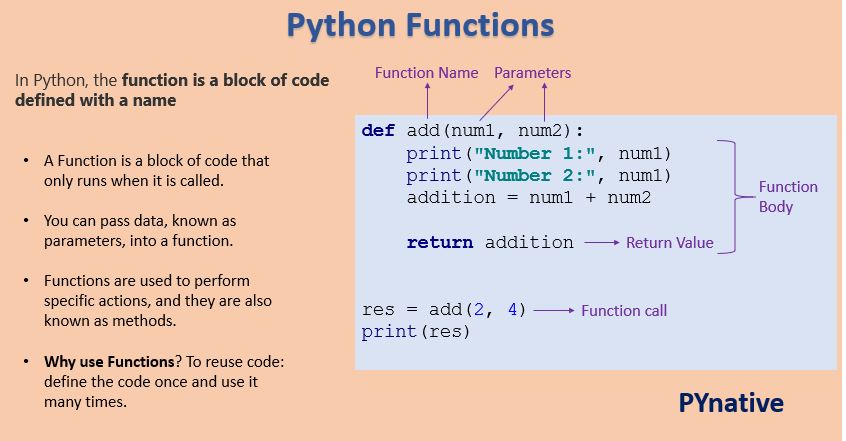
In summary, Python's key functions include:
Easy to learn and use Cross-platform compatibility Extensive libraries and frameworks Object-oriented programming support Dynamic typing and garbage collection Scripting capabilities Excellent data analysis and visualization tools Machine learning and deep learning capabilities Web development with popular frameworks Automation of tasks and workflows Educational value for introducing students to programming conceptsThese features make Python an incredibly versatile language, suitable for a wide range of applications, from web development to scientific computing, machine learning, and more!
